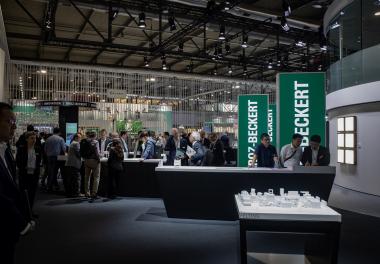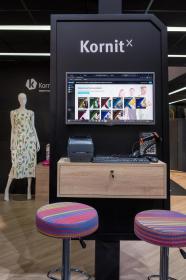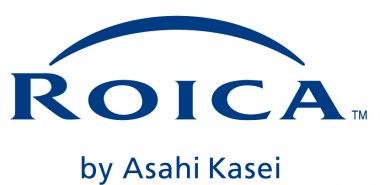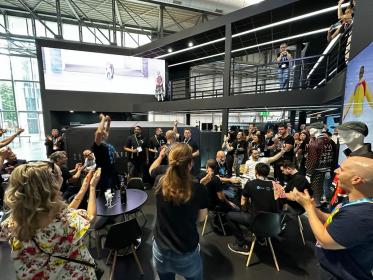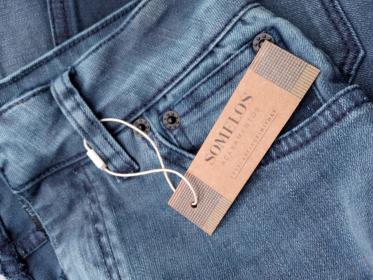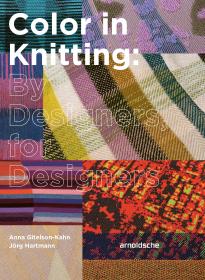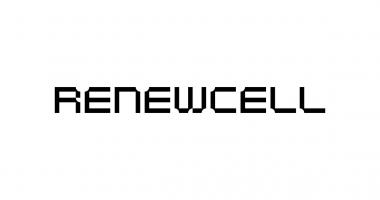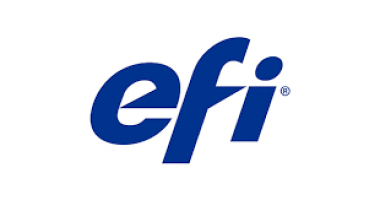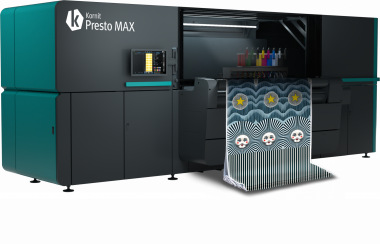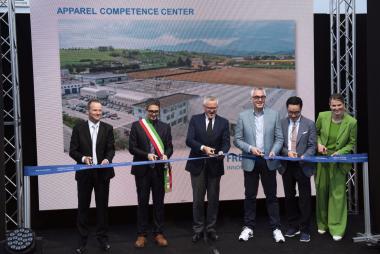Groz-Beckert: Over 7,000 customers and business partners at its ITMA 2023 booth
From June 8 to 14, 2023, the leading international trade fair for textile machinery manufacturing ITMA took place in Milan, Italy. In total, over 111,000 guests visited the trade fair. Groz-Beckert was able to present its innovations to more than 7,000 customers and business partners, as well as welcoming many other visitors to its booth – including over 280 students.
An international audience gathered at the Groz-Beckert booth: guests came from 84 different countries. The majority of visitors came from Italy with just under 15 percent, followed by Germany with 14 percent, Turkey with 11 percent, India with 9 percent and the USA with 3 percent. For the first time, HR specialists were on hand at the Groz-Beckert booth to look after the student groups, offering the young people comprehensive insights together with experts from the Technology and Development Center (TEZ).
Groz-Beckert presented numerous innovations from its six product divisions Knitting, Weaving, Felting, Tufting, Carding and Sewing at the ITMA. One focus of the innovations was on the topics of efficiency, process stability and sustainability. While the topic of sustainability was reflected in the products on the one hand, a separate area in the Groz-Beckert Gallery was dedicated to the topic on the other. Here it was shown what contribution Groz-Beckert is making to making its own productions and its sites sustainable.
Groz-Beckert KG


